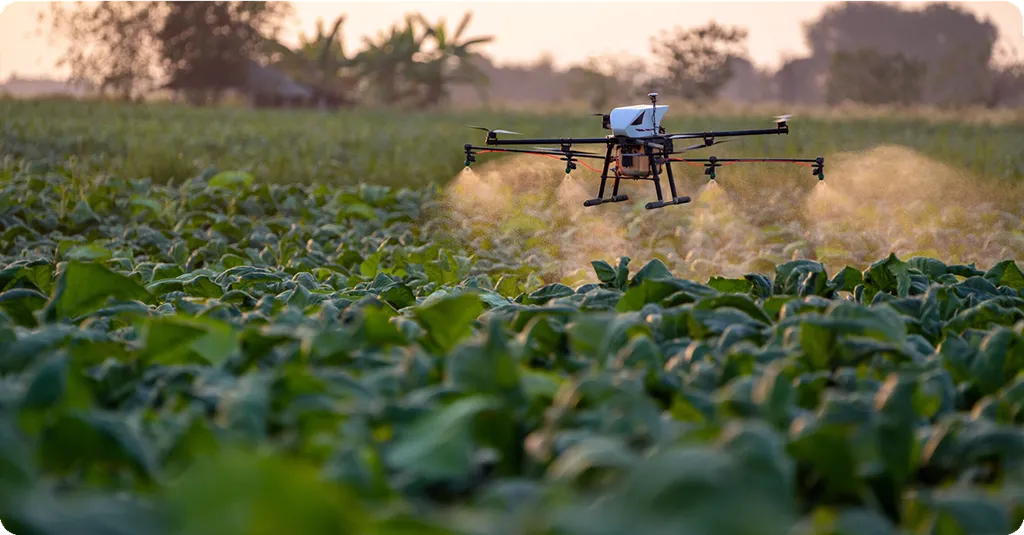In a significant stride towards modernising Korea’s agriculture sector, the Korea Agency of Technology and Standards (KoAT) has launched field trials of a smart foliar fertiliser sprayer, developed in collaboration with the Korea National College of Agriculture and Fisheries (KNCAF). This innovative sprayer, designed for orchards, allows farmers to set a route, after which the sprayer navigates the orchard independently, returning to its starting point upon completion. The project, part of the 2025 Agricultural Technology Industry–Academia Cooperation Support Program announced on November 6, aims to test autonomous machinery under real-world farming conditions.
The development comes at a critical time for Korea’s agriculture sector, which is grappling with labour shortages driven by an ageing farmer population and rural-to-urban migration. The use of autonomous technologies is expected to alleviate these labour shortages, reduce costs for farmers, and improve efficiency and productivity. Field demonstrations were held across four regions, including Jeongseon in Gangwon, Yuseong in Daejeon, Jangsu in North Jeolla, and Yeongju in North Gyeongsang. Post-event surveys indicated that 92.2% of respondents expressed interest in utilising the smart sprayer, highlighting the potential demand for such technologies.
Foliar fertilisation, a technique involving the application of fertilisers through the leaves for more direct nutrient absorption, is known to be effective but requires more effort and skill. The smart foliar fertiliser sprayer addresses this challenge, reducing labour for ageing farmers and minimising their exposure to chemicals such as pesticides. The sprayer is being developed by a research team led by Professor Hong Soon-jung, with ongoing upgrades based on farmer feedback. Current enhancements include improving the autonomous driving function, extending boom length, increasing spray accuracy, and improving efficiency.
As part of its modernisation efforts, KoAT has also completed a new eco-friendly agricultural machinery component testing facility in Iksan. Designed to verify the performance and safety of batteries used in electric equipment, the facility will begin full-scale operations in 2026. This initiative is expected to support the wider rollout of electric farm machinery, furthering sustainable goals. KoAT President Ahn Ho-geun emphasised the importance of this testing facility, stating that it marks a turning point for Korea’s agricultural machinery industry as it transitions to an eco-friendly and electric era.
The field trials and the new testing facility represent significant steps towards addressing labour shortages and promoting sustainable practices in Korea’s agriculture sector. By actively promoting field demonstrations and technology dissemination, KoAT aims to translate outstanding agricultural research achievements into tangible benefits for farmers. As the sector continues to evolve, the integration of autonomous technologies and eco-friendly practices is poised to enhance productivity, reduce costs, and ensure the long-term viability of agriculture in Korea.

